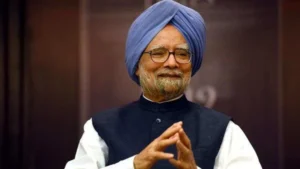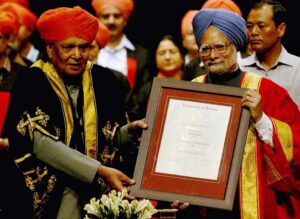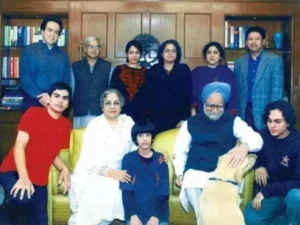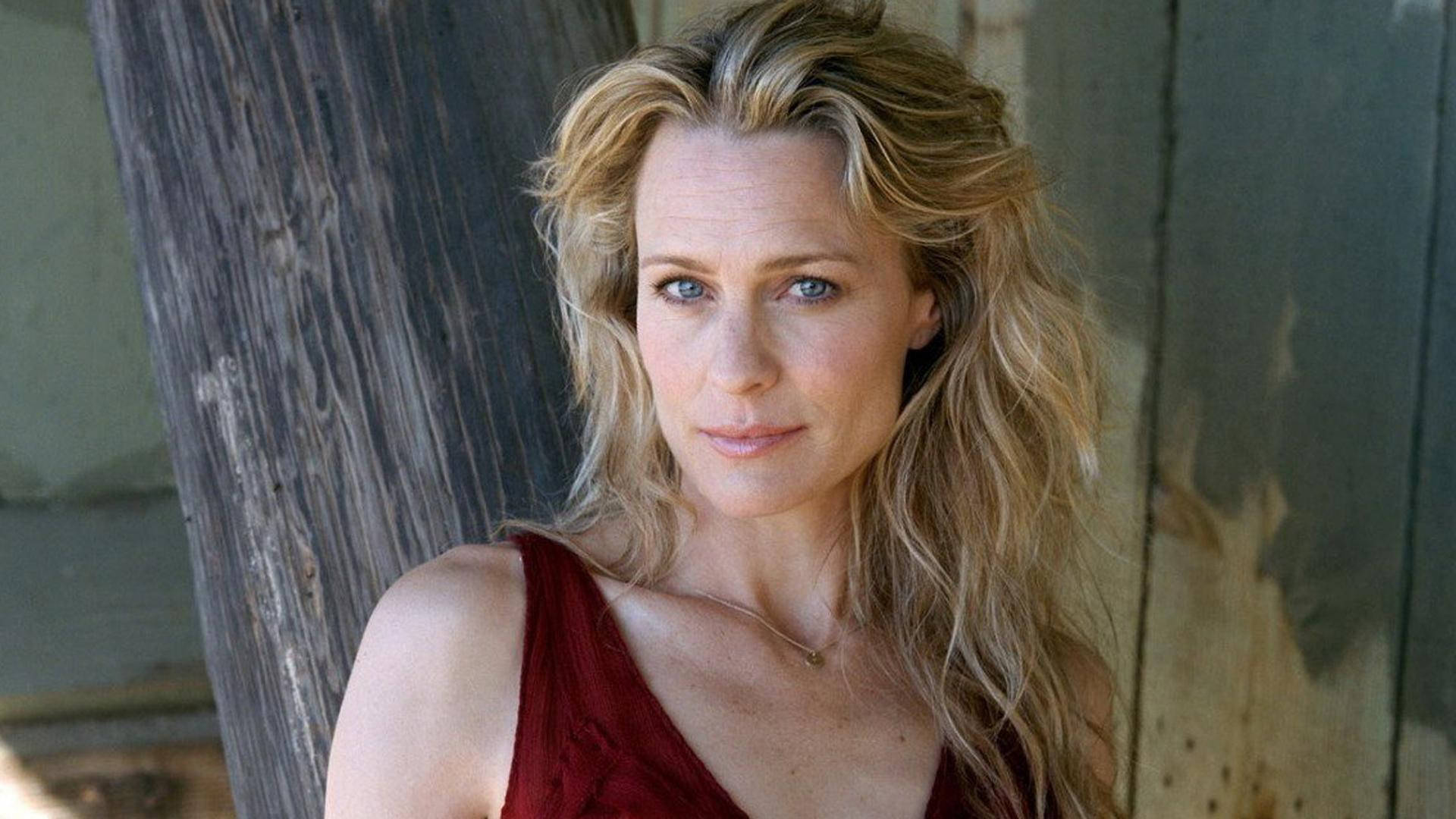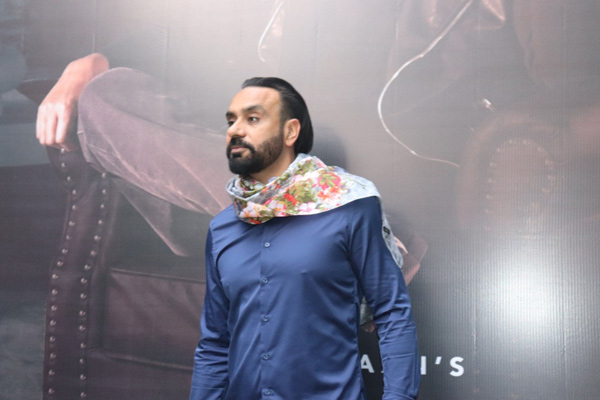Former Dr. Manmohan Singh Biography: Age, Education, Political Career, Awards and Honours
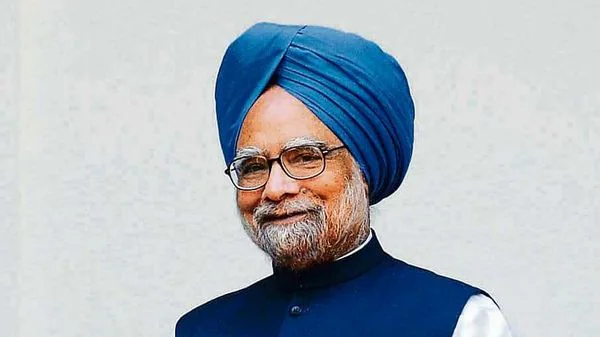
Manmohan Singh, a respected economist and India’s first Sikh Prime Minister, played a crucial role in transforming India’s economy. From early academic brilliance to landmark economic reforms, Singh’s tenure is celebrated for boosting growth, reducing poverty, and setting India on a global economic prominence while navigating challenges.
Early Life and Education
Manmohan Singh was born on September 26, 1932, in Gah, a village in Punjab, British India (now in Pakistan). Born into a Sikh family, his early life was marked by the challenges of Partition in 1947, which forced his family to migrate to Amritsar, India. Despite these upheavals, Singh excelled academically and demonstrated a prodigious intellect from a young age.
Singh earned his bachelor’s degree in economics from Panjab University, Chandigarh, in 1952, followed by a master’s degree in economics in 1954. He then pursued further studies at the University of Cambridge, where he completed his Ph.D. in economics in 1957. Later, he obtained a DPhil in Economics from the University of Oxford in 1962, specializing in India’s trade and development policies.

Academic Career
Singh began his professional career as an economist and academic. He taught at Panjab University and later worked at the United Nations Conference on Trade and Development (UNCTAD). In the 1960s and 1970s, he contributed significantly to the field of economics through his work with various international organizations and Indian institutions.
He held prominent academic positions as a professor at the Delhi School of Economics. His trade, finance, and economic planning expertise earned him recognition as one of India’s leading economists.
Public Service and Economic Reforms
Singh entered public service in the early 1970s. He served in various capacities, including as the Chief Economic Advisor (1972–1976), Secretary of the Ministry of Finance, and Governor of the Reserve Bank of India (1982–1985). These roles established his reputation as a pragmatic and capable technocrat.
In 1991, as India faced a severe economic crisis, Prime Minister P.V. Narasimha Rao appointed Singh as Finance Minister. He spearheaded a series of transformative economic reforms, including liberalization, privatization, and globalization, which dismantled the License Raj and opened India’s economy to foreign investment. These reforms are widely credited with laying the foundation for India’s economic growth in subsequent decades.
Prime Minister of India (2004-2014)
Manmohan Singh became the 14th Prime Minister of India in 2004, leading the Congress-led United Progressive Alliance (UPA) coalition. He was the first Sikh and the first economist to hold the office. Under his leadership, India experienced sustained economic growth, significant poverty reduction, and advancements in technology and infrastructure.
During his tenure, Singh prioritized social welfare programs, including the Mahatma Gandhi National Rural Employment Guarantee Act (MGNREGA), which employed millions of rural households. His government also implemented the Right to Information Act and expanded access to education and healthcare.
Singh’s administration signed a historic civil nuclear agreement with the United States in 2008, marking a significant shift in India’s global strategic partnerships. However, his tenure was also marred by allegations of corruption within the UPA government, including scandals related to coal block allocations and the telecom spectrum.
Legacy and Post-Premiership
Despite criticism, Singh remains respected for his integrity, intellectual rigour, and contributions to India’s economic development. His tenure as Prime Minister highlighted his consensus-building approach and focus on economic and social inclusion.
After leaving office in 2014, Singh largely withdrew from active politics but continued to offer guidance on economic and policy matters. In 2019, he was elected to the Rajya Sabha, representing Rajasthan.
Personal Life
Manmohan Singh is married to Gursharan Kaur, and the couple has three daughters. Known for his humility and simplicity, Singh leads a life characterized by academic pursuits and public service. His ability to balance technocratic expertise with political leadership has earned him admiration in India and abroad.
Awards and Honors
Manmohan Singh received numerous awards, including the Padma Vibhushan, India’s second-highest civilian honour, in 1987. He has also been recognized internationally for his contributions to economics and governance.
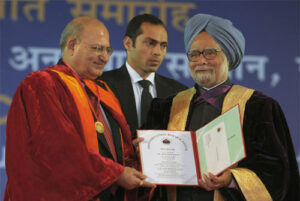
Conclusion
Manmohan Singh’s life is a testament to the power of education, resilience, and dedication to public service. As an economist, policymaker, and Prime Minister, he has left an indelible mark on India’s journey toward economic modernization and global prominence.

